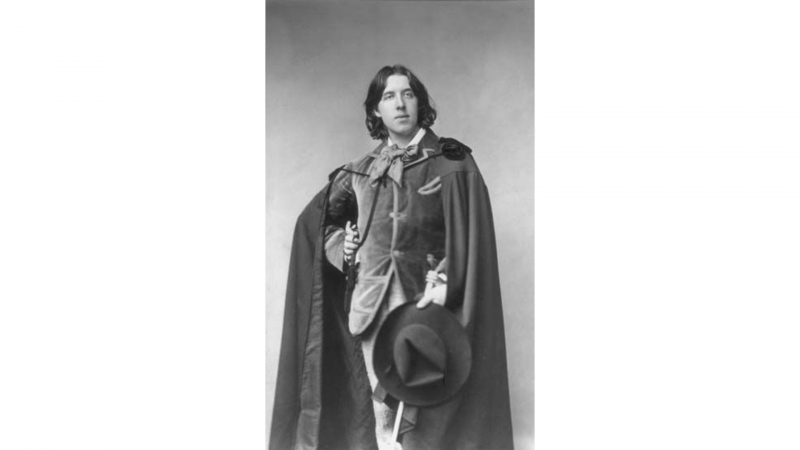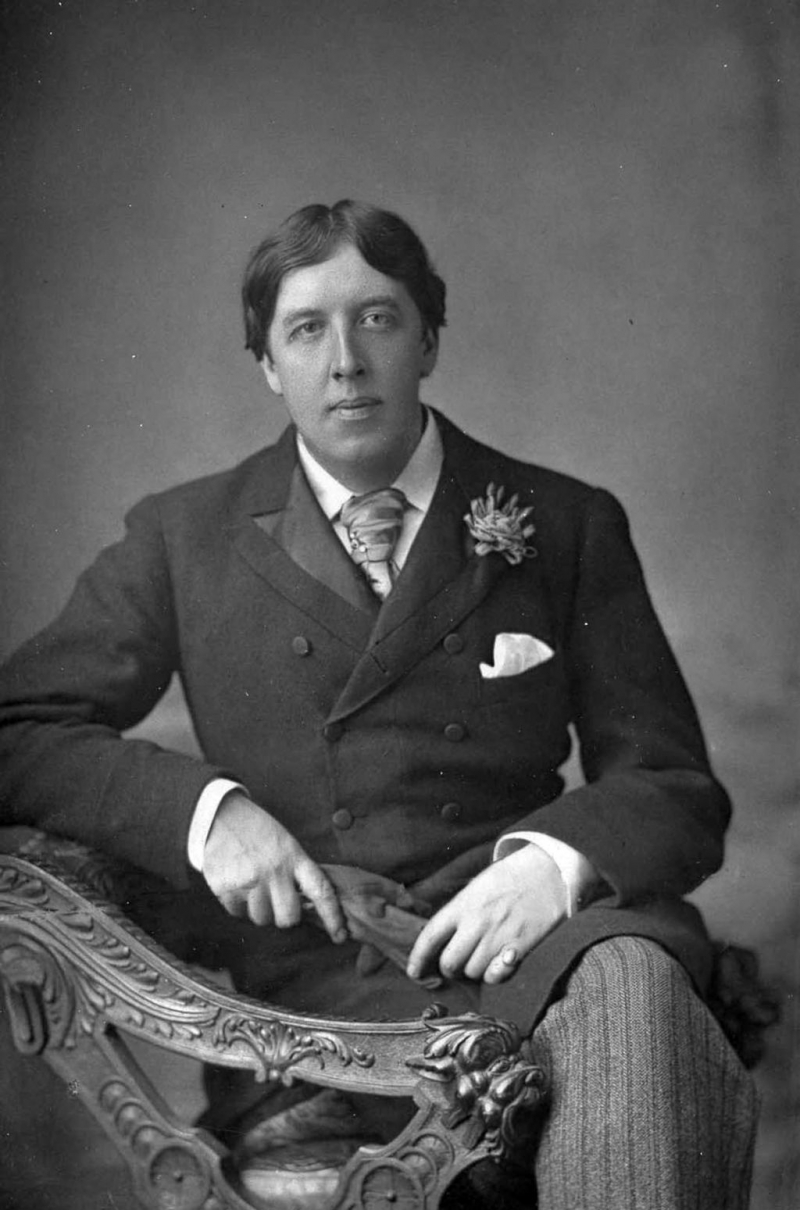Oscar Wilde Was An Advocate Of Aestheticism
The last interesting fact about Oscar Wilde is that he was an advocate of aestheticism. The 19th-century Aesthetic Movement promoted the idea that art should exist only for aesthetic reasons, devoid of any type of political intent. The aesthetic movement was pioneered by Wilde's essays, plays, and novels, and he served as a notable model for other writers of the 19th century. Although Oscar Wilde did not create aesthetics, he had a significant role in popularizing it towards the tail end of the nineteenth century.
As a college student, Wilde was particularly impressed by the writings of American author Edgar Allan Poe and English poet and critic Algernon Charles Swinburne. Wilde's humanistic aesthetics, in which he was more concerned with the individual, the self, than with popular movements like industrialism or capitalism, were influenced by the English writer Walter Pater, a proponent of "art for art's sake." Art should not be concerned with providing social, moral, or political instruction because it was not intended to do so.












